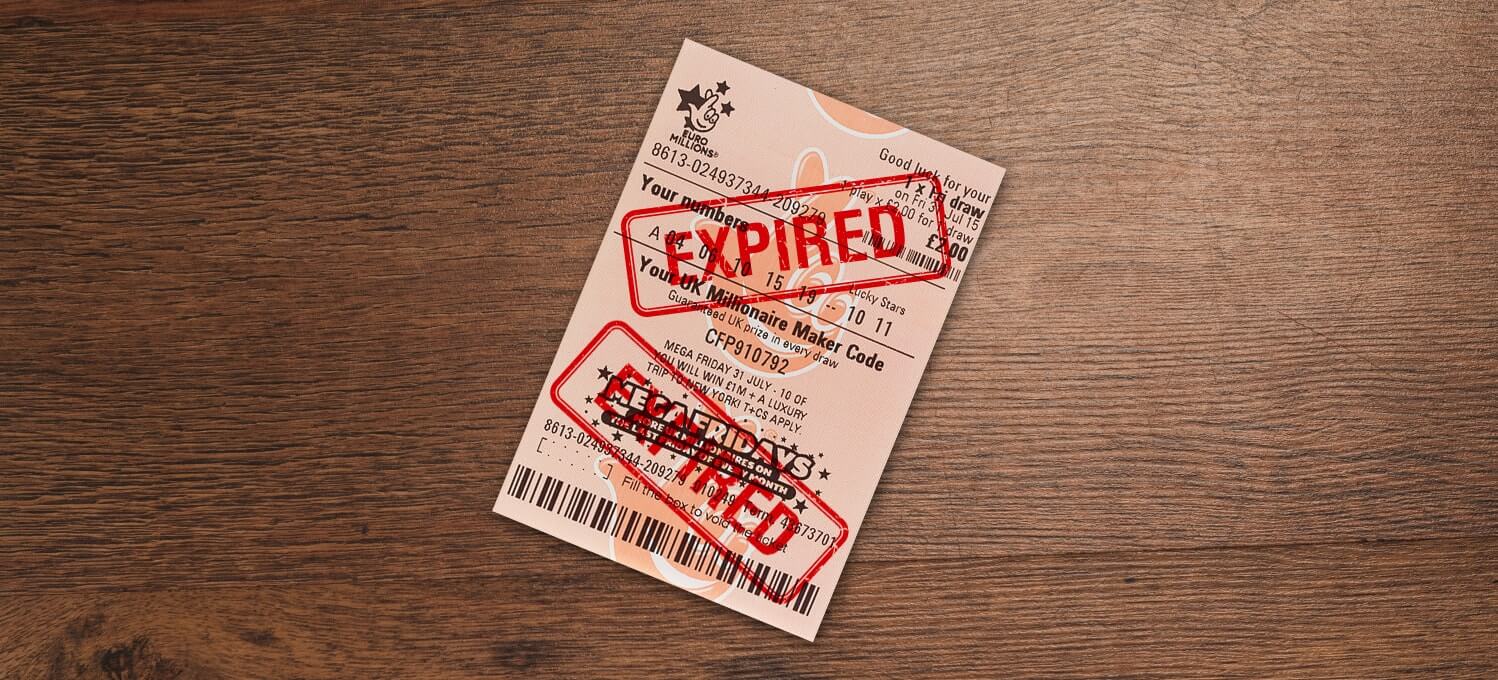

There are only two things that are certain in life: death and taxes. While the former may be inevitable, the latter is open to interpretation!
With so many taxes on our income, lottery players may question whether or not lottery winnings are taxed – after all, a jackpot still counts as an income, regardless of whether or not it was earned!
However, the good news is that, fundamentally, lottery winnings are not taxed.
There are however some exceptions to this that you should be aware of before you buy your next ticket.
Taxes after you have won the jackpot
“There is no tax on the win itself, but if the win produces an income through interest, then that will be taxed as part of your normal income tax,” says Andy Carter, Senior Winners’ Advisor at the National Lottery. So what does this mean?
Just as you have money in your current account at the moment, you will receive interest from your banking provider either monthly or yearly.
This amount is usually small depending on your individual circumstances, but the amount paid to you will be awarded after tax has been deducted.
So, if you suddenly see your interest increasing considerably, note that this interest is still taxed – but by that point, you’ll probably appreciate it either way!
What about other taxes?
So, we’ve covered income tax and made sure that you are awarded the full prize money you win – but what about other taxes? Should your circumstances change, there are some taxes you will need to consider.
For example, many people choose to gift their money to others. However, this could be subject to Gift Tax.
Gift Tax applies when you give anybody a sum of more than £3,000 over a one-year period. You can, however, apply for exemption under ‘surplus income’, but these need to be regular payments for which you have to produce proof, for example, payments into your child’s account.
Inheritance Tax
If your estate is worth more than £325,000 at your time of passing, then the inheritance you leave your loved ones will be subject to Inheritance Tax of 40% of the amount over £325,000 – for example, if you have £350,000, then £25,000 will be taxed. This can be reduced to 36% if you leave more than 10% of your estate to charity.
Another way of reducing Inheritance Tax is to gift the money as before, which will only be subject to tax if you give one person more than £3,000 a year. Alternatively, if you are married or in a civil partnership, then a living partner can receive half of your estate without having to pay Inheritance Tax.
The good news is, lottery winnings are not subject to any Capital Gains Tax, nor is any other form of gambling winnings. While we cannot advise you on how to manage your money, we would suggest speaking to a financial advisor and ensuring your loved ones are safe.




